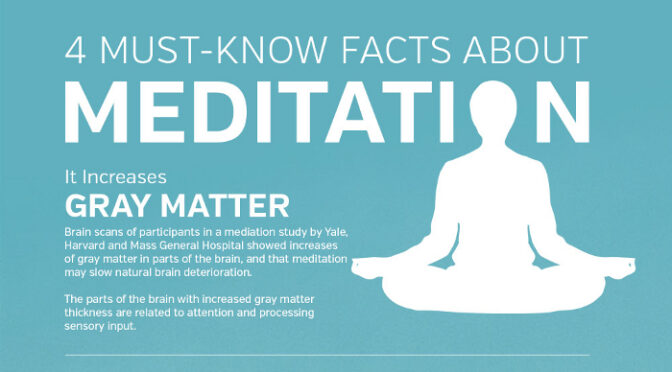The most common understanding of meditation is this idea that you should “empty your mind”, a phrase used time and again in modern discussions of meditation, but it is actually totally wrong, and a common misconception of what it means to meditate.
In fact, if you’ve ever felt disheartened that you couldn’t make your mind go blank, you weren’t actually doing anything wrong. Here we delve into what should actually happen when you meditate, and why your mind shouldn’t be going blank.
Understanding Emptiness
Firstly we need to distinguish the difference between ‘making the mind blank’ and ‘not thinking’ and how this applies to meditation. These are actually very different from each other, but it’s understandable if you automatically link the two, seeing as our everyday existence is experienced via our own thoughts.
Even as you read this sentence, your understanding of it and the concept it is explaining is through your own inner-voice.
Meditation is precisely an escape from this kind of thought; silencing the verbalization of thoughts, feelings, or emotions, and replacing it with experiencing these in their purest, rawest forms. You empty your mind of the filters through which it interprets the world, rather than the thoughts themselves. You can therefore stop thinking, but your mind is far from blank or empty. Continue reading










